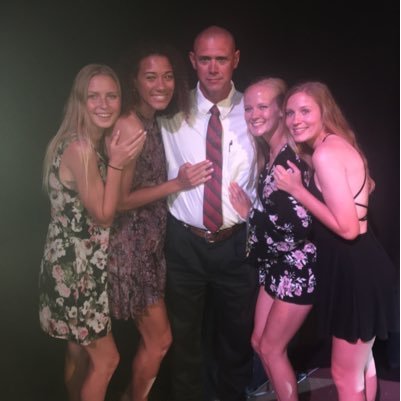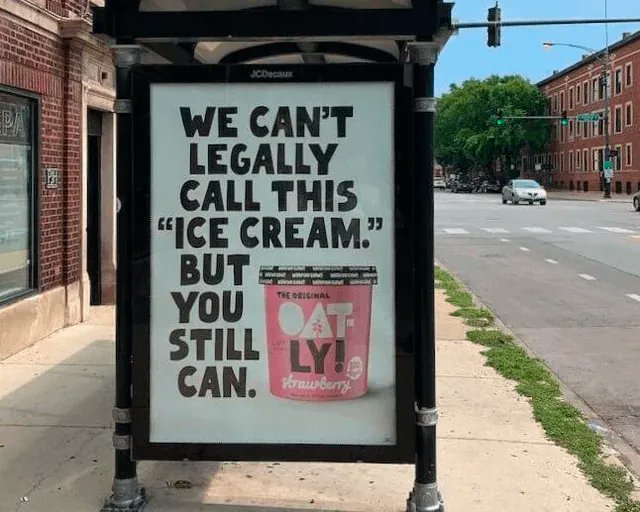
Rob Estreitinho
@robistyping
Followers
7,869
Following
1,427
Media
1,893
Statuses
24,134
Explore trending content on Musk Viewer
Rogan
• 314526 Tweets
Amorim
• 233109 Tweets
Sporting
• 128819 Tweets
Southport
• 123635 Tweets
#النصر_التعاون
• 79373 Tweets
Wayans
• 78739 Tweets
Scary Movie
• 76774 Tweets
SÃO PAULO TOMORROW
• 35817 Tweets
رونالدو
• 30897 Tweets
Colts
• 27415 Tweets
Teri Garr
• 25428 Tweets
#الاهلي_العين
• 25057 Tweets
كاس الملك
• 24764 Tweets
Richardson
• 24599 Tweets
Brenda
• 20522 Tweets
القصيم
• 17625 Tweets
Mac mini
• 16979 Tweets
Cindy
• 16545 Tweets
Wii U
• 13510 Tweets
Concord
• 13320 Tweets
Diggs
• 12917 Tweets
Flacco
• 12907 Tweets
كريستيانو
• 12403 Tweets
Diontae Johnson
• 12327 Tweets
Young Frankenstein
• 12157 Tweets
Tootsie
• 12103 Tweets
القحطاني
• 11071 Tweets
Last Seen Profiles
"Advertising isn't science, or art.
But because planners treat it like science,
and creatives treat it like art,
it's become boring."
I love the simple articulation in this.
Don't try to be too clever or artsy.
Aim to entertain.
*Then* work out the rest.
via
@v_praveen
12
73
378
"It’s fair to say that marketing might just be getting just a little bit carried away with judging, awards and recognition, and forgetting that our prize is profit and our recognition is salary"
@markritson
2
1
58
One of the best things to remind ourselves of when it comes to ads.
Don't worry about whether you like it.
Worry about whether it works, and why.
via
@v_praveen
and
@davetrott
1
10
50
Absolutely love this from
@AdamMGrant
:
"In hard times, urging people to be positive doesn’t boost their resilience. It denies their reality."
Reading about psychotherapy should be a mandatory part of all management training.
1
6
44

































































